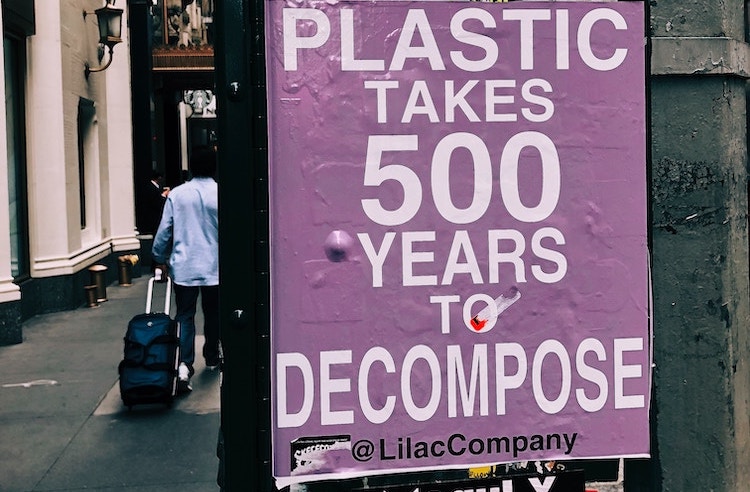
By J W Jackie
RENO, Nevada, USA (IDN) – Every year, around eight million tons of plastic makes its way to our oceans, with the yearly input expected to double by the year 2025. The problem is most visible in developing nations (where garbage collection and recycling systems are inexistent or sub-par) but developed nations also often have low recycling rates, and the ‘throwaway culture’ is endangering the lives of countless marine species.
Researchers from the Chalmers University of Technology are hoping to turn these statistics around, with a technique that enables them to recover 100% of carbon from plastic waste and convert it back into its virgin components.
The researchers relied on steam cracking – a method that is actually commonly used in the petrochemical industry. Through this process, saturated hydrocarbons are broken down into smaller, often unsaturated components. In the case of plastics, the technique can be used to break materials down into their hydrocarbon state.
This carbon-rich gas can then be used to create virgin, high-quality plastic. The researchers hope that plastic factories can eventually use this technique to recycle existing plastics as well. In their experiment, they successfully recycled over 440 pounds of plastic waste, recovering their carbon components quickly (in less than 60 minutes).
The idea of plastic-free enterprises may sound like a big challenge, but steam cracking can be particularly efficient in companies that produce or rely on large amounts of plastic, because of its rapidity and efficiency. It is easy to see how companies like Nestle, Colgate, or Unilever (which create 1.7m tons, 287,008 tons, and 610,000 tons of plastic, respectively) can make a big difference by recycling plastic in this way.
Indeed, by leading the way, they could serve as examples for companies that don’t necessarily package their goods in plastic, but do rely on this material more than they need to. Initiatives such as these can start a wave that can see plastic reduction strategies adopted in many forms – even in companies without the infrastructure to carry out recycling operations.
Achieving UN Goals with Steam Cracking
It is easy to see why it makes sense to create plastic products using waste instead of virgin products, particularly when the plastics can be converted back to their original quality in a matter of minutes.
As stated by the researchers, in order to meet the United Nations’ 17 sustainability goals, “the current linear use of resources needs to be transformed to a circular form”. Attitudes must be changed, but something greater will be required: the large-scale reformation of current production systems.
Plastics account for only 4% to 6% of the world’s fossil fuel consumption. Their biggest problem is the amount of waste they cost, and the inability of both developing and developing nations to dispose of them without continuing to damage the oceans. Steam cracking – a process that is second nature in many companies dealing with petrochemicals – is a ‘circular solution’ that can effectively put an end to the production of more plastic than the world can dispose of. [IDN-InDepthNews, 27 October 2019]
Photo credit: Jon Tyson on Unsplash
IDN is flagship agency of the International Press Syndicate.
facebook.com/IDN.GoingDeeper – twitter.com/InDepthNews











